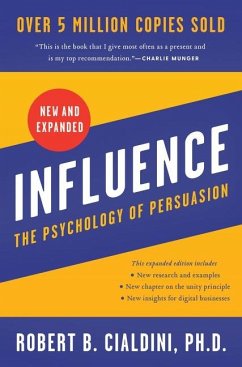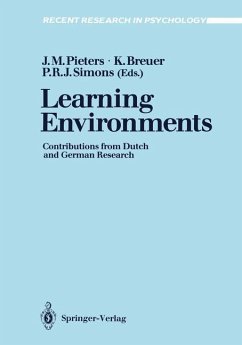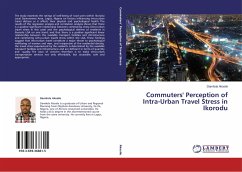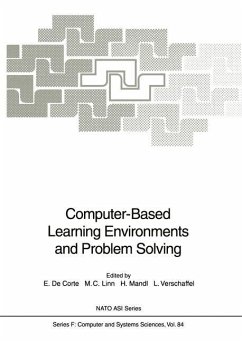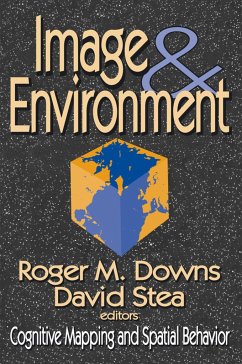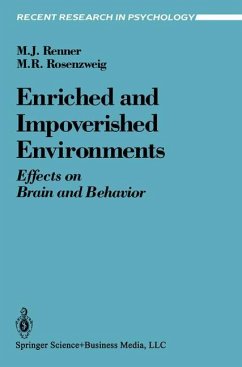
Creating Urban and Workplace Environments for Recovery and Well-being
New Perspectives on Urban Design and Mental Health
Herausgegeben: Pauleit, Stephan; Kellmann, Michael; Beckmann, Jürgen
Versandkostenfrei!
Versandfertig in 6-10 Tagen
127,99 €
inkl. MwSt.
Weitere Ausgaben:

PAYBACK Punkte
64 °P sammeln!
This essential book offers suggestions for how cities and spaces can be planned and designed to reduce the impact of stress, provide opportunities for recovery, and promote the resilience of individuals in urban communities.Connecting research from different scientific disciplines, the book provides a broader perspective of creating healthy lifestyle in society. It focuses on mental health and well-being by exploring how urban and workplace environments can be created to enhance and promote recovery. Divided into three parts, the book begins by investigating the multi-dimensional challenges of...
This essential book offers suggestions for how cities and spaces can be planned and designed to reduce the impact of stress, provide opportunities for recovery, and promote the resilience of individuals in urban communities.
Connecting research from different scientific disciplines, the book provides a broader perspective of creating healthy lifestyle in society. It focuses on mental health and well-being by exploring how urban and workplace environments can be created to enhance and promote recovery. Divided into three parts, the book begins by investigating the multi-dimensional challenges of planning and design for stress reduction and recovery in urban areas. Part 2 concentrates on the design of residential and working environments, including commuting between the two, while Part 3 considers how neighbourhoods and entire cities contribute to or obstruct stress reduction, recovery, and well-being. The book concludes by demonstrating how the insights from the book can be implemented in practice to create restorative and inclusive environments. Bringing together leading experts, the book offers an interdisciplinary perspective for increasing well-being in urban developments.
The book will be of interest to researchers and practitioners in related fields, including environmental psychologists, urban planners, architects and landscape architects, healthcare staff, and policymakers.
Chapter 11 of this book is freely available as a downloadable Open Access PDF at http://www.taylorfrancis.com under a Creative Commons [Attribution-Non Commercial-No Derivatives (CC BY-NC-ND)] 4.0 license.
Connecting research from different scientific disciplines, the book provides a broader perspective of creating healthy lifestyle in society. It focuses on mental health and well-being by exploring how urban and workplace environments can be created to enhance and promote recovery. Divided into three parts, the book begins by investigating the multi-dimensional challenges of planning and design for stress reduction and recovery in urban areas. Part 2 concentrates on the design of residential and working environments, including commuting between the two, while Part 3 considers how neighbourhoods and entire cities contribute to or obstruct stress reduction, recovery, and well-being. The book concludes by demonstrating how the insights from the book can be implemented in practice to create restorative and inclusive environments. Bringing together leading experts, the book offers an interdisciplinary perspective for increasing well-being in urban developments.
The book will be of interest to researchers and practitioners in related fields, including environmental psychologists, urban planners, architects and landscape architects, healthcare staff, and policymakers.
Chapter 11 of this book is freely available as a downloadable Open Access PDF at http://www.taylorfrancis.com under a Creative Commons [Attribution-Non Commercial-No Derivatives (CC BY-NC-ND)] 4.0 license.







